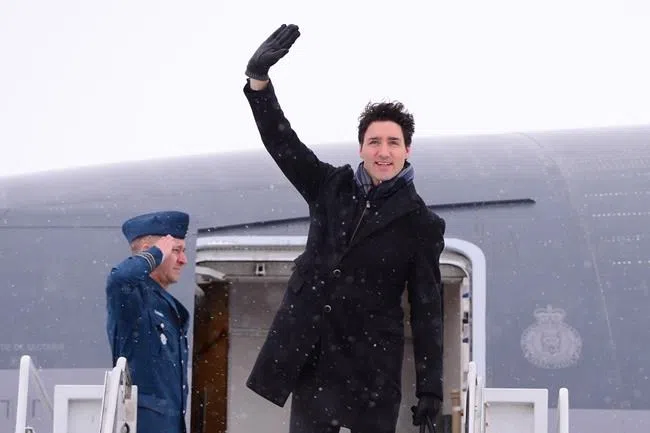
Canada optimistic a Trans-Pacific trade deal within reach Tuesday
OTTAWA — The federal government is optimistic it’s nearing a deal that would see Canada agree to the Trans-Pacific Partnership as early as Tuesday, The Canadian Press has learned.
A government official, who spoke on condition of anonymity because of the ongoing talks, said Ottawa believes the deal can be struck, even though it would still like to see more progress on negotiations surrounding the automotive and cultural sectors.
“We’re hopeful that a good deal can be reached,” the official said.
“We want a good deal, not just any deal.”
